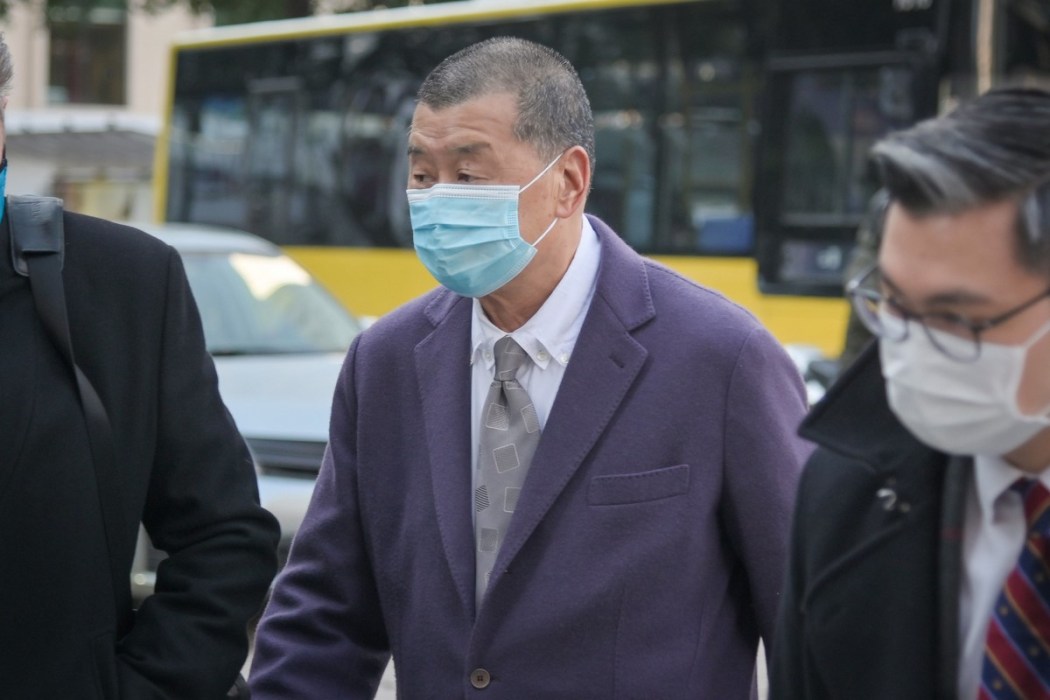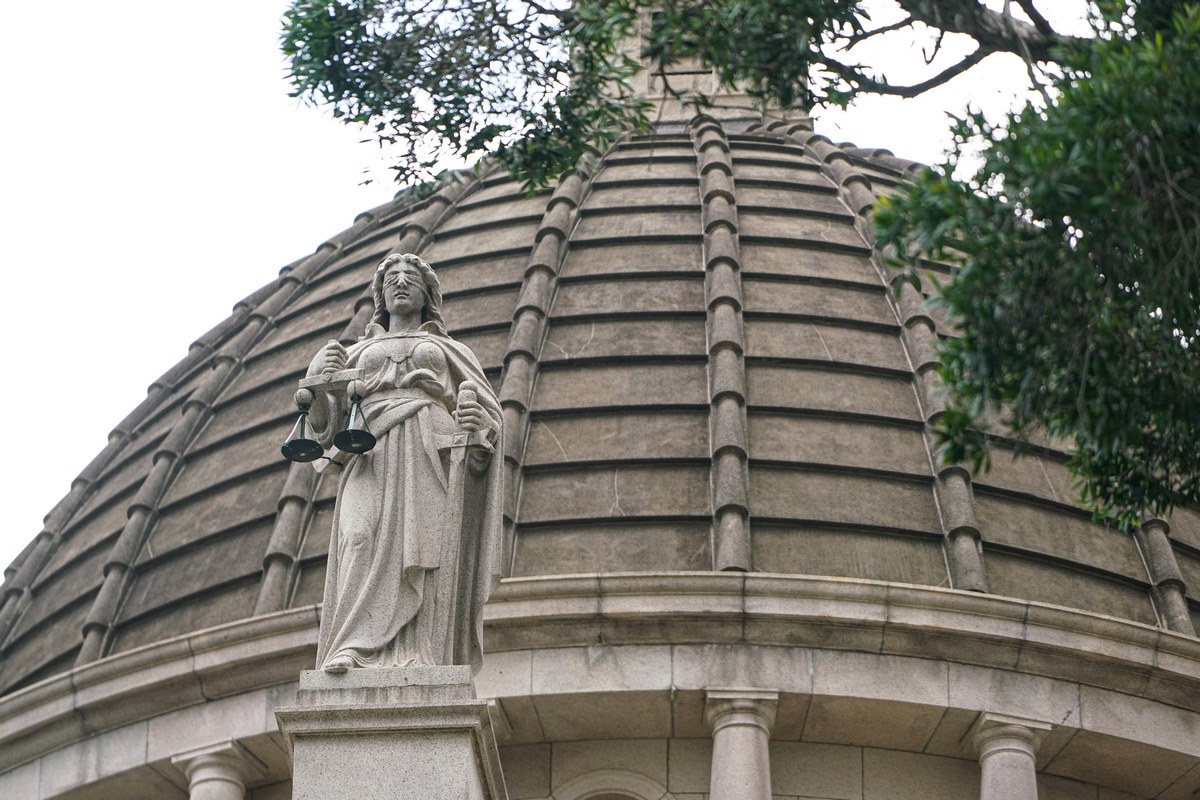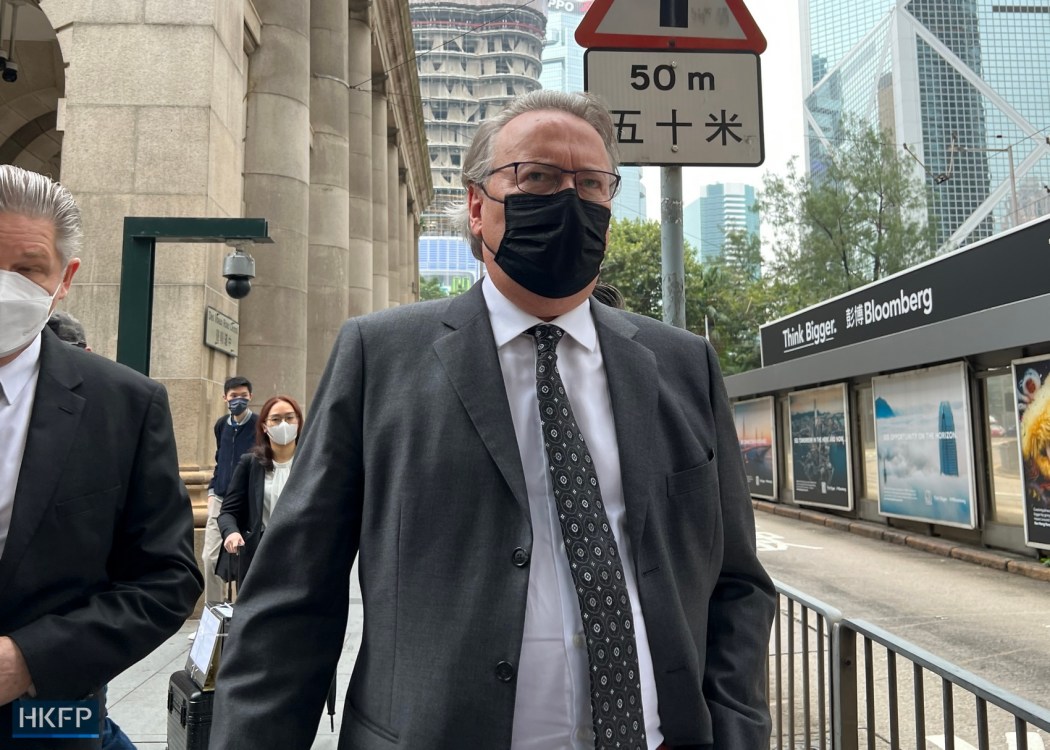The Hong Kong government has submitted a proposal to introduce legislative amendments which would require local courts to obtain a certificate from the city’s leader before considering whether to allow foreign counsels to act in national security cases.

The Legal Practitioners Ordinance should be amended to address the potential risks associated with the participation of foreign lawyers in such cases, the Department of Justice (DoJ) said in a document submitted to the Legislative Council Panel on Administration of Justice and Legal Services. The proposal became available on the Legislative Council’s website on Monday.
The proposal came around two months after China’s top decision-making body issued its first interpretation of the national security law last December. The decision did not rule directly on whether overseas counsel should be allowed to take part in national security cases, but said the chief executive and the national security committee had the final say in the matter.
The debate stemmed from pro-democracy media tycoon Jimmy Lai’s bid to hire UK lawyer Timothy Owen as his representative at his upcoming national security trial. Following the DoJ’s failed attempts to block Owen’s admission at the High Court and the Court of Final Appeal, Chief Executive John Lee invited Beijing to intervene in the matter last November.

The DoJ proposed amending the part of the Legal Practitioners Ordinance that relates to the court’s power to admit foreign barristers who are not qualified to practise generally in the city on an ad hoc basis. For any case concerning national security, the DoJ suggested that the court must obtain a certificate from the chief executive under Article 47 of the security law before deciding whether to allow the ad hoc admission of overseas counsels.
The city’s leader would then certify whether the counsel’s participation in the case involved national security, and whether allowing them to take part in the case would clash with interests of national security.
If the court receives a certificate from the chief executive saying the admission involves national security and the barrister’s participation would be “contrary to the interests of national security,” the court must not admit the counsel.
“Given the fundamental and overriding importance of national security, if a person’s practising or acting as a barrister for a case concerning national security would be contrary to the interests of national security, it would be wrong in principle to admit the person,” the DoJ said.

The proposed requirement, applicable to both criminal and civil cases, would not have adverse implications on the rule of law, the government said. It added that the independent judicial power of the city’s courts, as well as people’s right to choose legal representation and their right to a fair trial would remain unaffected.
“It does not take away any lawful right of defendants in criminal cases as there has never been any right to be represented by overseas counsel,” the DoJ wrote.
The government said it was consulting the Judiciary and two legal professional bodies on the legislative proposal. It estimated that the bill would be tabled at the legislature in the first or second quarter this year, subject to comments from the lawmakers.
The government’s proposal will be discussed at the Panel on Administration of Justice and Legal Services meeting next Monday.
The document prepared by the DoJ appeared on the legislature’s website days after Lai filed a writ to the High Court last Friday. The media mogul, who has been detained since December 2020, asked the court to prevent Beijing’s interpretation of the national security law from affecting an earlier ruling that allowed him to hire Owen as his representative at his trial.

On Tuesday, Executive Council member and Senior Counsel Ronny Tong said on Commercial Radio that the proposed legislative amendment would not affect previous court rulings, and most overseas lawyers would not be affected by the certificate requirement.
But it was hard to tell whether Owen could eventually come to Hong Kong and defend Lai, Tong said. He described the British lawyer as being “high-profile politically,” and his entry could be rejected for other reasons.
“It could be because of political reasons that [the authorities] do not approve the entry permit,” he said.
The national security trial against Apple Daily founder Lai has been adjourned until September 25. The trial began last December, but was adjourned on its first day.
In June 2020, Beijing inserted national security legislation directly into Hong Kong’s mini-constitution – bypassing the local legislature – following a year of pro-democracy protests and unrest. It criminalised subversion, secession, collusion with foreign forces and terrorist acts, which were broadly defined to include disruption to transport and other infrastructure. The move gave police sweeping new powers, alarming democrats, civil society groups and trade partners, as such laws have been used broadly to silence and punish dissidents in China. However, the authorities say it has restored stability and peace to the city.
Support HKFP | Policies & Ethics | Error/typo? | Contact Us | Newsletter | Transparency & Annual Report | Apps
Help safeguard press freedom & keep HKFP free for all readers by supporting our team
























